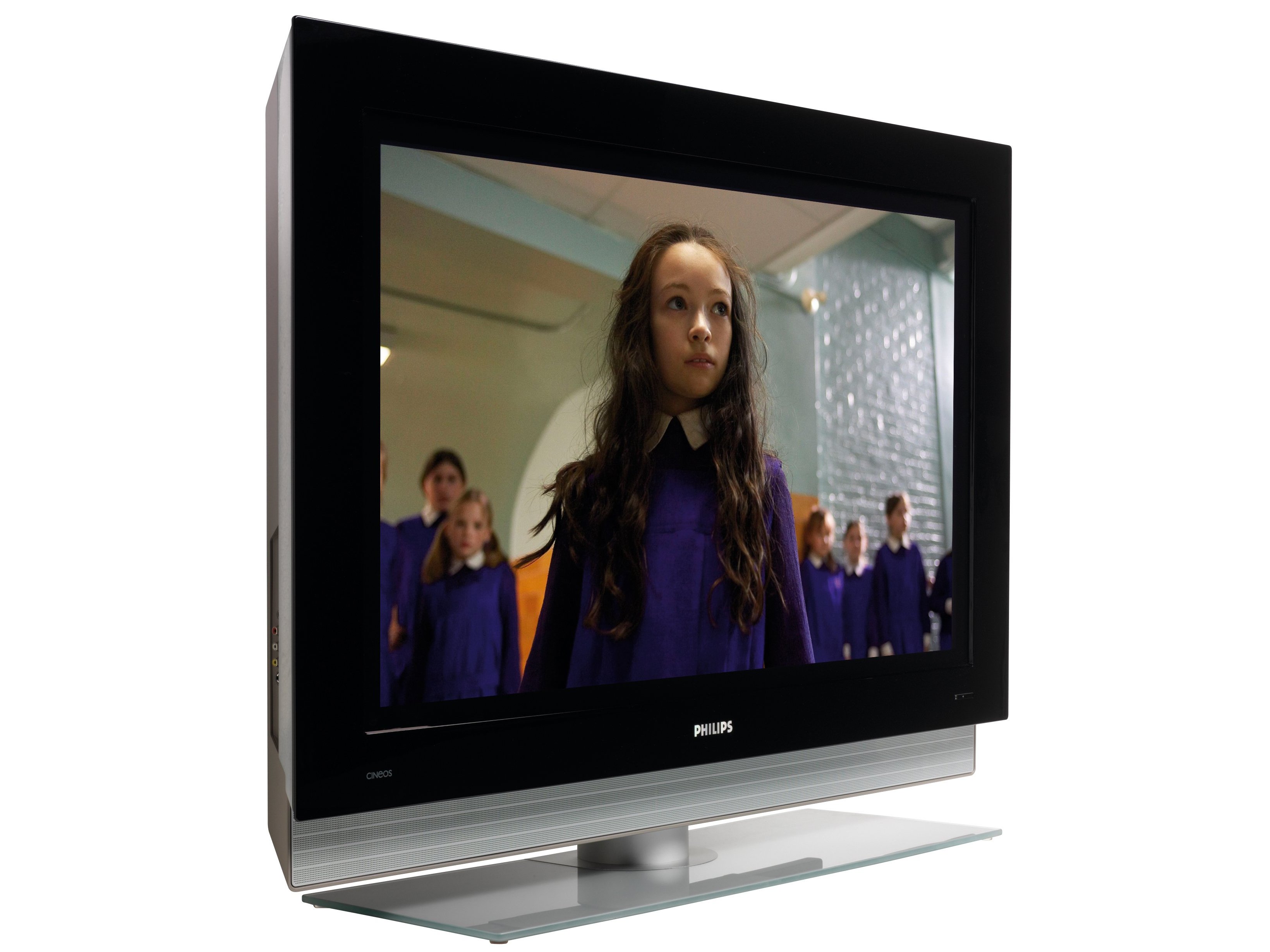TechRadar Verdict
A feature-packed set, sumptuous looks and a solid, if uninspired general performance
Pros
- +
Strong features
Attractive design
Impressive connectivity
Ambilight
Cons
- -
Black levels
Noisy SD pictures
Why you can trust TechRadar
Now that HD broadcasts are here, people are starting to realise that screens with 720 or 768 lines of pixels won't deliver in quite the same way as those boasting 1080.
The problem is that screens that don't have 1080 pixels will require scaling that all too often has a negative side-effect on the picture.
Strangely, Philips' 42PF9631D offers a native resolution of 1024 x 1080 pixels. This is down to the use of Alternate Lighting of Surfaces (ALIS) technology. This cleverly combines an expanded phosphor area with electrodes that light the gap between the pixels as well as the pixels themselves.
The result is a perceived interlaced resolution of 1080 lines. Of course, the fact that there are only 1024 pixels across the screen means that true 1920 x 1080 HD pictures will still require some scaling, but at least it's only along one axis.
Perhaps a simpler innovation to understand, and for that matter see, is Philips Ambilight technology. This is where fluorescent tubes are positioned on the rear of the TV, projecting coloured light on to the wall behind the screen.
This light is sympathetic to the colour of the content displayed on the screen (eg. if you're watching football, green light will be projected to match the green of the pitch). It looks fancy, but actually makes the viewing experience easier on the eye.
Equally useful, behind the scenes is Philips' excellent Pixel Plus 2 HD technology, which carries out a wealth of processing tricks as varied as boasting levels of detail and the colour range, through to keeping noise down to a minimum.
Add to that a built-in digital tuner, connections that include two HDMIs, a PC port, digital audio throughput and USB jacks that allow display of JPEGs or video, and you have an exceptionally well-specified screen.
Viewing HD material on this screen, one is immediately impressed by the colour range. The 42PF9631D combines bright, full saturations with largely natural tones to stunning effect. Pixel Plus 2 HD ensures that details are blisteringly sharp, while movement is smooth and free from noise. Disappointingly, though, when compared to more expensive panels, dark areas look a touch flat and greyed over.
However, considering the price and features on offer, this frailty isn't too bitter a pill to swallow.
Tech.co.uk was the former name of TechRadar.com. Its staff were at the forefront of the digital publishing revolution, and spearheaded the move to bring consumer technology journalism to its natural home – online. Many of the current TechRadar staff started life a Tech.co.uk staff writer, covering everything from the emerging smartphone market to the evolving market of personal computers. Think of it as the building blocks of the TechRadar you love today.
